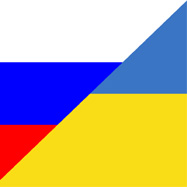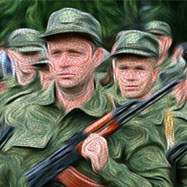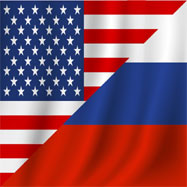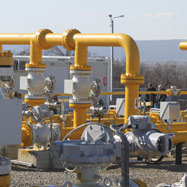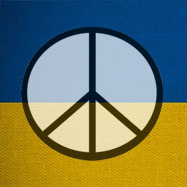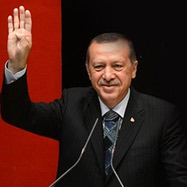Ukraine and the Community-isation of War Effort
The Ukraine War demonstrates that future wars between unmatched military rivals might not just require a ‘whole of government’ approach, but perhaps a ‘whole of people’s’ approach to achieve favourable outcomes in conflict.
- Harinder Singh
- April 17, 2023

